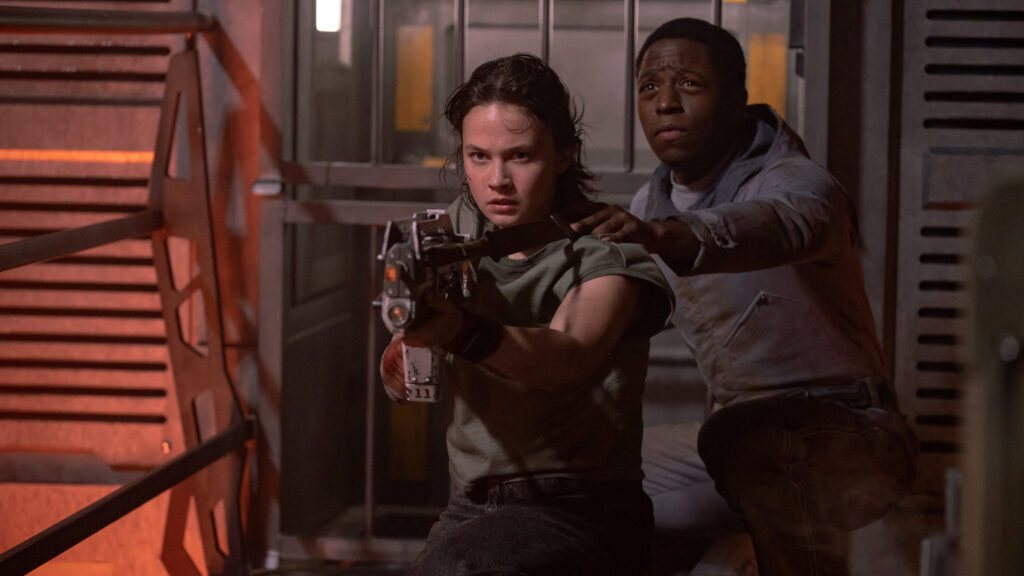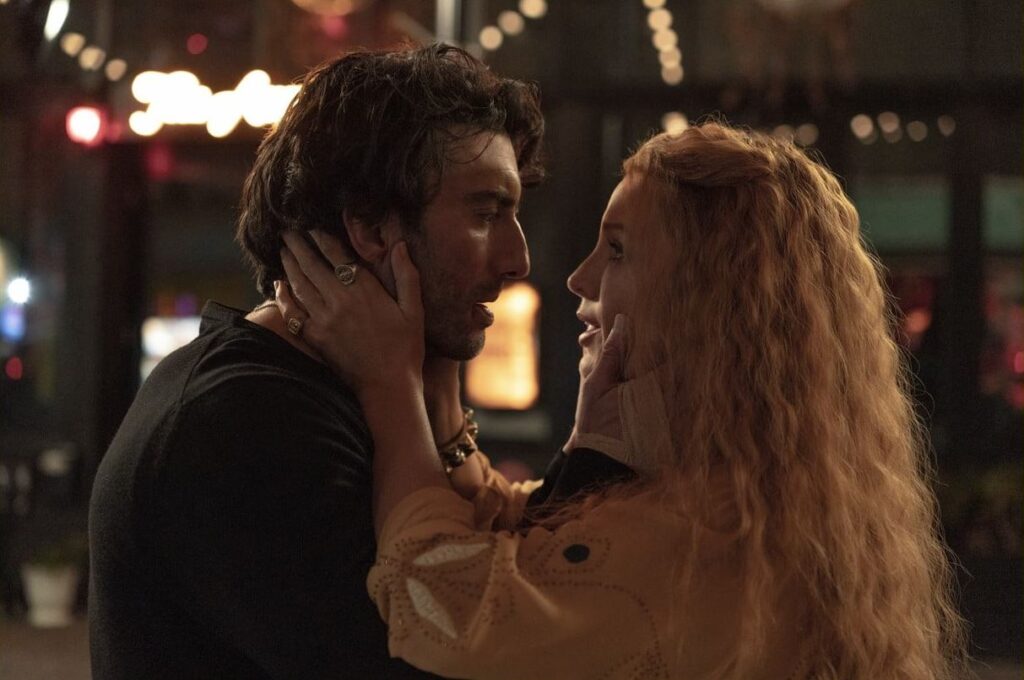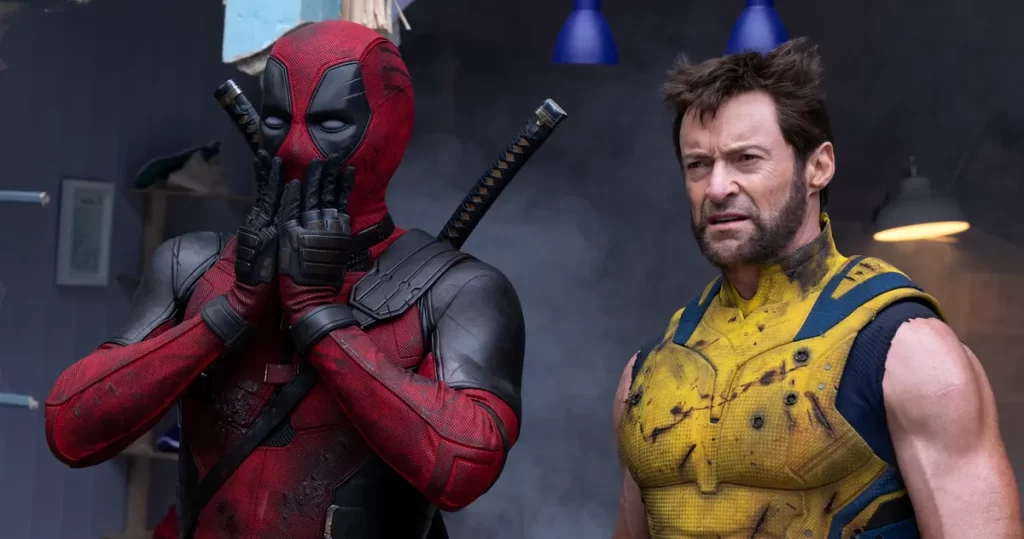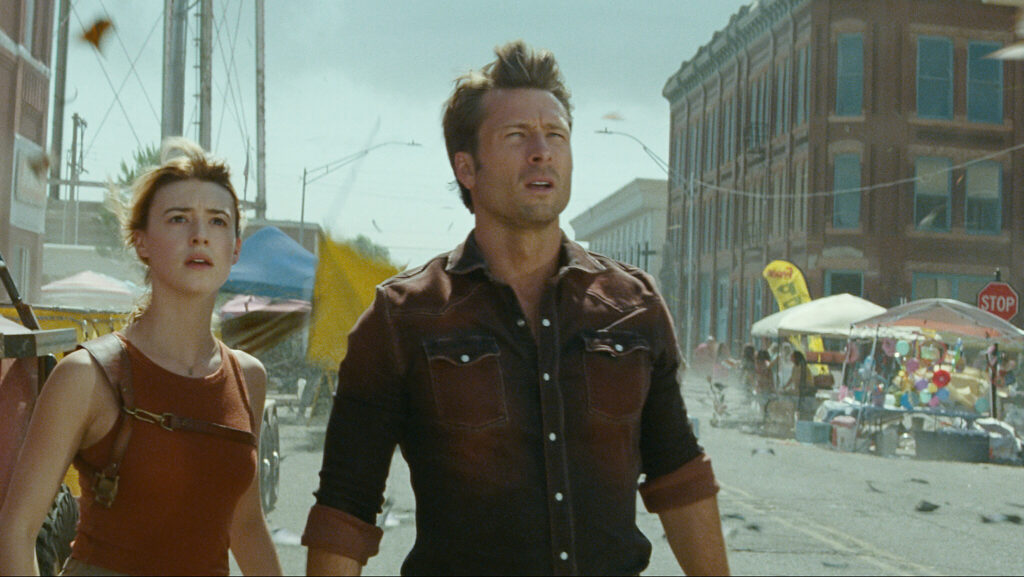Alien: Romulus: Razed by Wolves

The first Alien was a very scary movie, but it also spawned a franchise that was unusually fearless in terms of reinvention. Made seven years apart, Ridley Scott’s singular original and James Cameron’s pluralized sequel share a few commonalities (Sigourney Weaver, those snarling xenomorphs), but they’re dramatically different in terms of tone and style; one is a gritty, claustrophobic creature feature, while the other is a boisterous, kinetic action extravaganza. David Fincher’s Alien 3 isn’t nearly as good as either of its predecessors, but it earns points for its despairing atmosphere and its defiant refusal to just replay the hits.
But the longer a series runs, the harder it is for each new installment to distinguish itself. Alien: Romulus, which is either the seventh or ninth episode (depending on whether you count its crossovers with the Predator pictures) of outer-space screaming, is a modestly diverting blockbuster, featuring some decent character work and a few scenes of nerve-jangling suspense. But it lacks a true identity or personality, instead feebly mirroring the first Alien (and the underrated Resurrection). The only thing scarier than a monster bursting from your chest, it seems, is the prospect of nudging this franchise in a new direction. Read More




